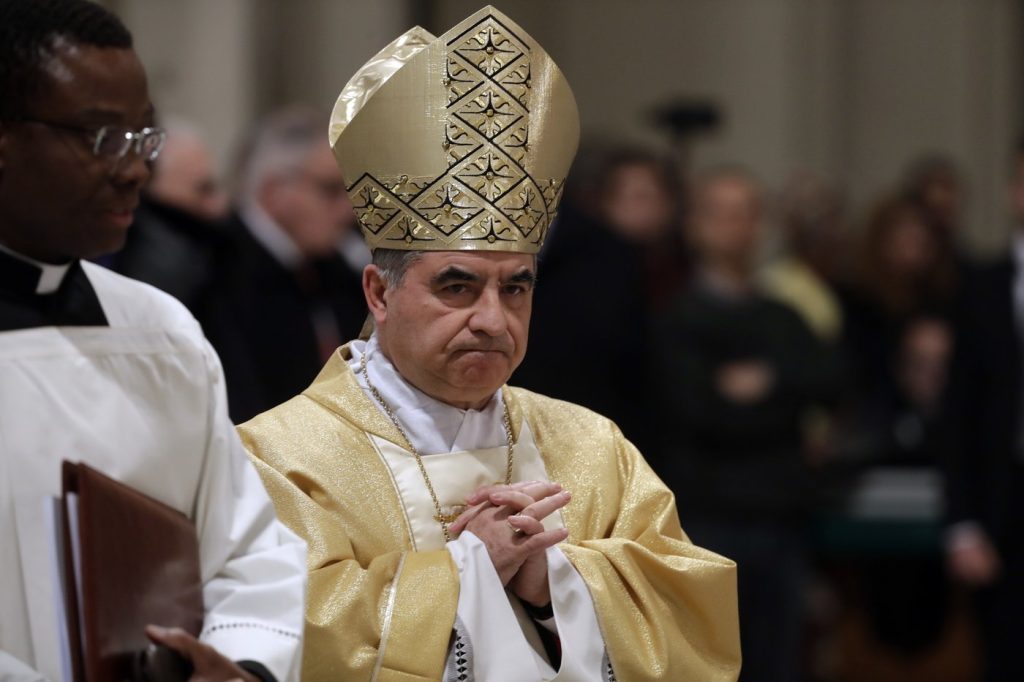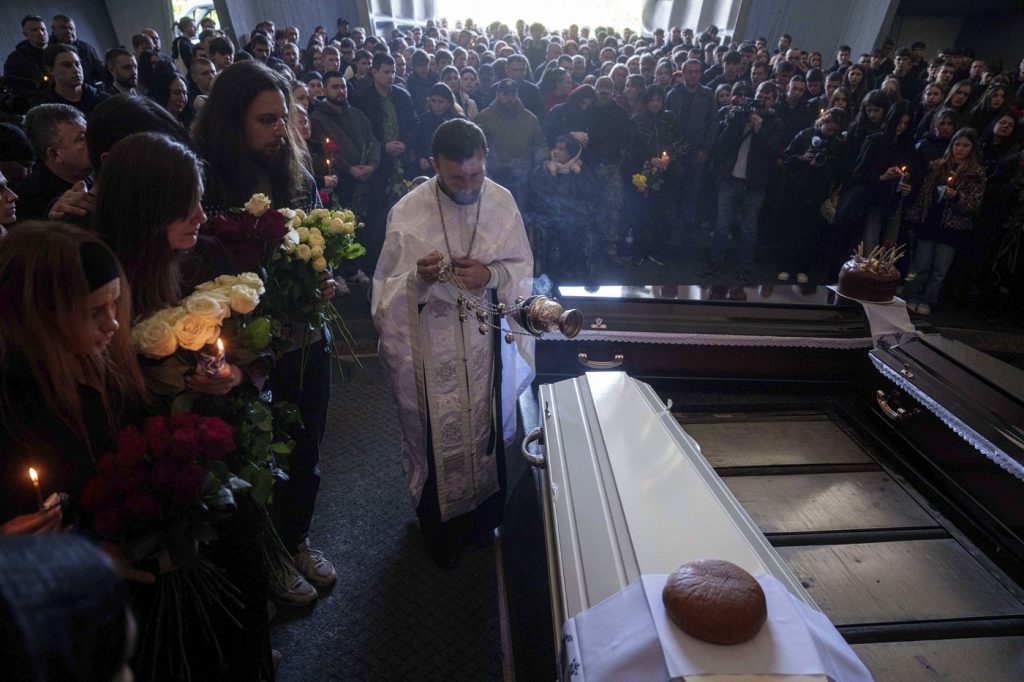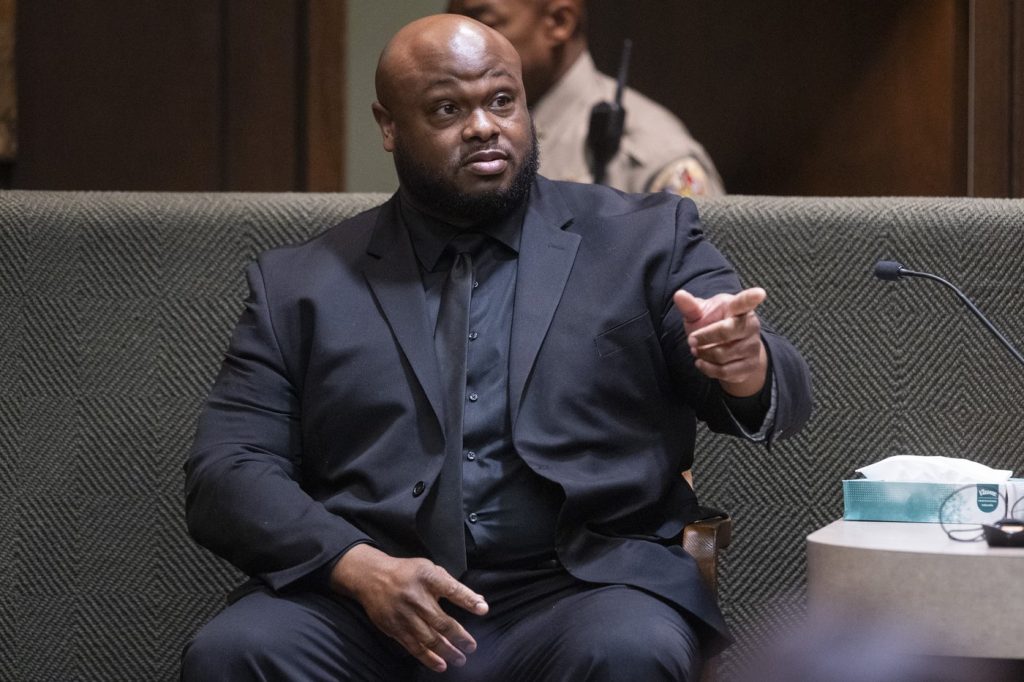VATICAN CITY (AP) - Cardinal Angelo Becciu, who was once a prominent figure in the Vatican hierarchy, has officially withdrawn from participating in the conclave intended to elect a new pope. Becciu's decision follows his recent conviction by the Vatican's criminal court for embezzlement and other finance-related charges, a culmination of what has been dubbed the "trial of the century."
In the days leading up to his withdrawal, Becciu maintained that he was still entitled to vote in the upcoming conclave. However, he stepped back on Tuesday after reportedly being shown two letters from Pope Francis, written prior to the pope's death, which indicated that he shouldn't participate.
Who is Angelo Becciu?
Becciu, now 76, previously stood as one of the top contenders to become pope. His career trajectory included significant diplomatic roles in Vatican embassies in Angola and Cuba, leading to his appointment as "substitute" in the Vatican's secretariat of state, a position of considerable influence. In 2018, Pope Francis appointed him as the head of the Vatican's saint-making office and elevated him to cardinal. However, Becciu's reputation suffered severely after he was compelled to resign amid allegations of financial mismanagement.
During his rise to prominence, Becciu was closely associated with the conservative faction within the Vatican, initially gaining the trust of Pope Francis but ultimately facing significant fallout from the pontiff himself.
What transpired in 2020?
On September 24, 2020, Becciu was dismissed from his position at the Vatican's saint-making office and was forced to renounce his cardinal rights following accusations that he misappropriated Vatican funds for personal use, specifically sending money to his brother in Sardinia. Despite these challenges, Becciu has claimed that his downfall felt "surreal" and insisted that he remains loyal to Pope Francis, stating he would be willing to die for the pontiff.
Official Vatican statistics confirmed that Becciu was no longer eligible to participate in the conclave.
What did Becciu state on Tuesday?
Although technically eligible to vote as he is under the mandatory retirement age of 80, Becciu announced his decision through a statement from his lawyer, Fabio Viglione. In this statement, he expressed that he had "the good of the church" at heart and chose to comply with the will of Pope Francis, despite being convinced of his own innocence.
Details regarding the content of the letters from Pope Francis that influenced his decision remain unclear.
What was the trial about?
The legal proceedings against Becciu, which commenced in 2021, involved a comprehensive 487-page indictment that accused him and nine others of multiple financial crimes, including fraud, embezzlement, and money laundering. Central to the case was a 350-million-euro investment by the Holy See in a high-end London property, where prosecutors alleged that brokers and Vatican officials defrauded the Vatican out of millions.
Becciu's accusations also included sending Vatican funds to charities managed by his brother and allegedly misusing substantial sums for questionable purposes, including purported payments for intelligence services. He contended that the funds sending to his brother were meant for a bakery project aimed at helping at-risk youth.
What are the ongoing concerns regarding the trial?
The integrity of the trial has been a topic of contention, with reports suggesting that Pope Francis intervened inappropriately on behalf of the prosecutors. Defense attorneys argued that their clients' rights were compromised due to the pope's influence in the legal procedures, undermining the fairness of the trial. The forthcoming appeal, scheduled to begin in September, is expected to address these serious allegations.
A Vatican spokesman refrained from commenting on these developments, indicating that discussions would focus solely on the conclave.
Conclusion
The Vatican's inner workings and the unfolding events surrounding Cardinal Becciu highlight the complexities and challenges inherent within the ecclesiastical legal system, raising significant questions about accountability and justice within such a unique institution.












